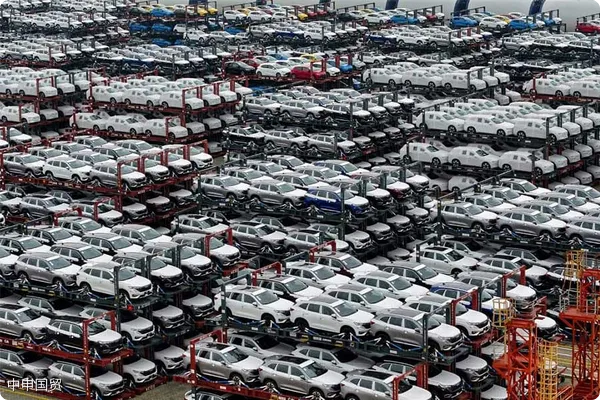- Shanghai Zhongshen International Trade Co., Ltd. - Two decades of trade agency expertise.
- Service Hotline: 139 1787 2118

According to a report by Bloomberg on October 9, Hungarian Prime Minister Viktor Orbán severely criticized the EUs decision to impose tariffs on Chinese electric vehicles in a speech at the European Parliament on the same day. He believed that this measure would be counterproductive and have a significant negative impact on the European automotive industry.
Orbán pointed out that the EU ignored the interests of the European automotive industry when formulating environmental goals, and the lack of effective planning would lead to a hemorrhage in this industry. He emphasized that the decision to support the imposition of tariffs on Chinese electric vehicles would not only fail to protect the local industry but might also lead to an increase in unemployment and affect the employment of thousands of workers.
AFP reported on October 9 that EU member states recently voted on the final ruling draft of the anti - subsidy case for electric vehicles submitted by the European Commission. In the end, 5 member states, including Hungary and Germany, voted against it, and another 12 countries abstained. This voting result shows that there are significant differences of opinion within the EU regarding the imposition of tariffs, with a total of 17 member states expressing different attitudes in this vote.
In response to the EUs decision, a spokesperson for the Chinese Ministry of Commerce responded on October 9 that the EUs anti - subsidy investigation of Chinese electric vehicles was not in response to an industry application, and there was also significant opposition from relevant member states and their industries. The spokesperson pointed out that the EUs relevant measures are seriously lacking in factual and legal basis, clearly violate WTO rules, and are in the name of trade remedies but actually implement trade protectionism.
The spokesperson further stated that China has always opposed the abuse of trade remedy measures, urged the EU to immediately correct its wrong practices, and jointly safeguard the overall situation of China - EU economic and trade relations. China is willing to resolve differences through dialogue and consultation with the EU on the basis of equality and mutual benefit to promote the healthy and stable development of China - EU relations.
This incident reflects that against the backdrop of increased competition in the global electric vehicle market, trade frictions between China and the EU are becoming increasingly apparent. Orbáns criticism and Chinas strong response indicate that China and the EU may face more policy challenges and trade negotiations in the electric vehicle field in the future.
Related Recommendations
? 2025. All Rights Reserved. 滬ICP備2023007705號-2  PSB Record: Shanghai No.31011502009912
PSB Record: Shanghai No.31011502009912









